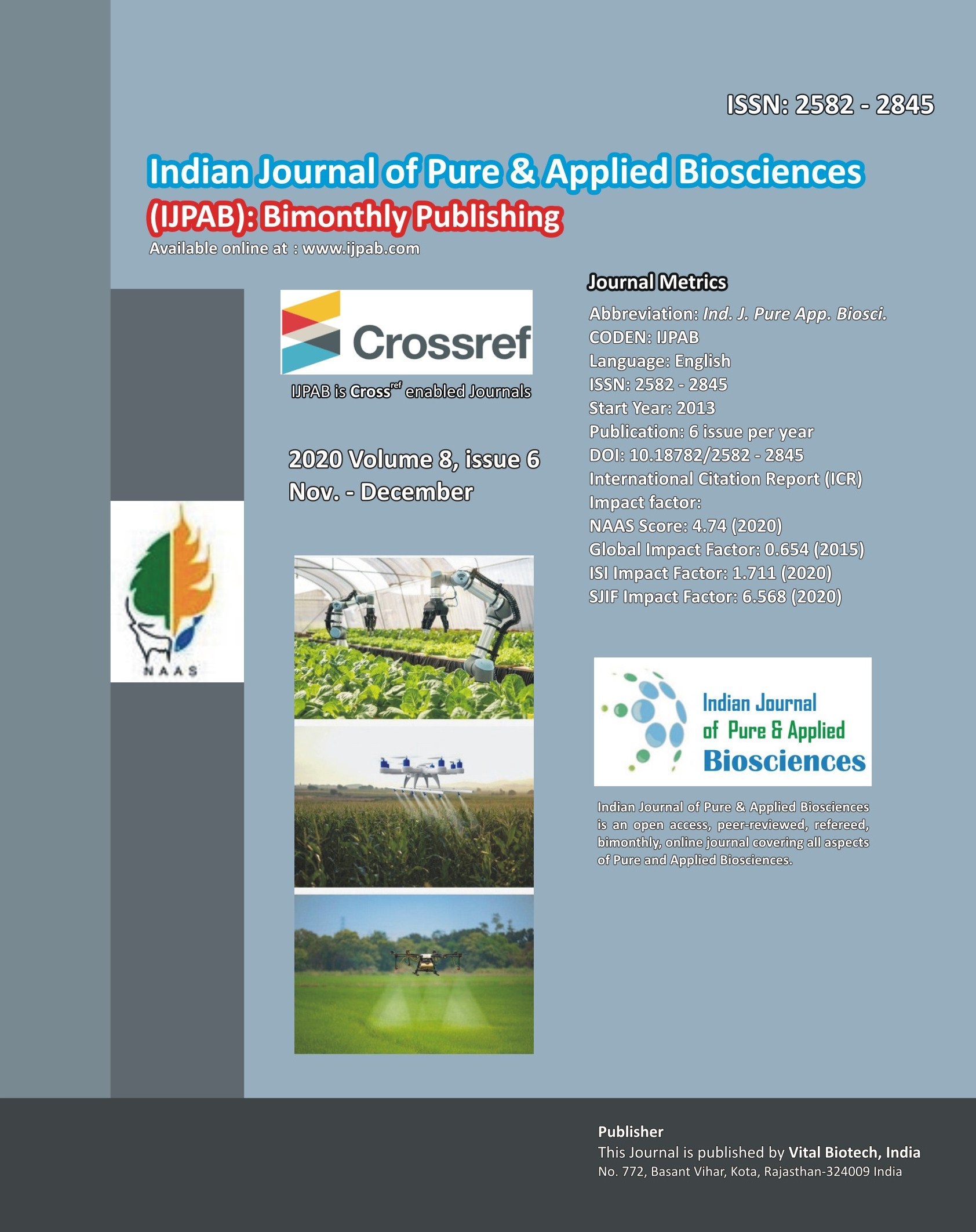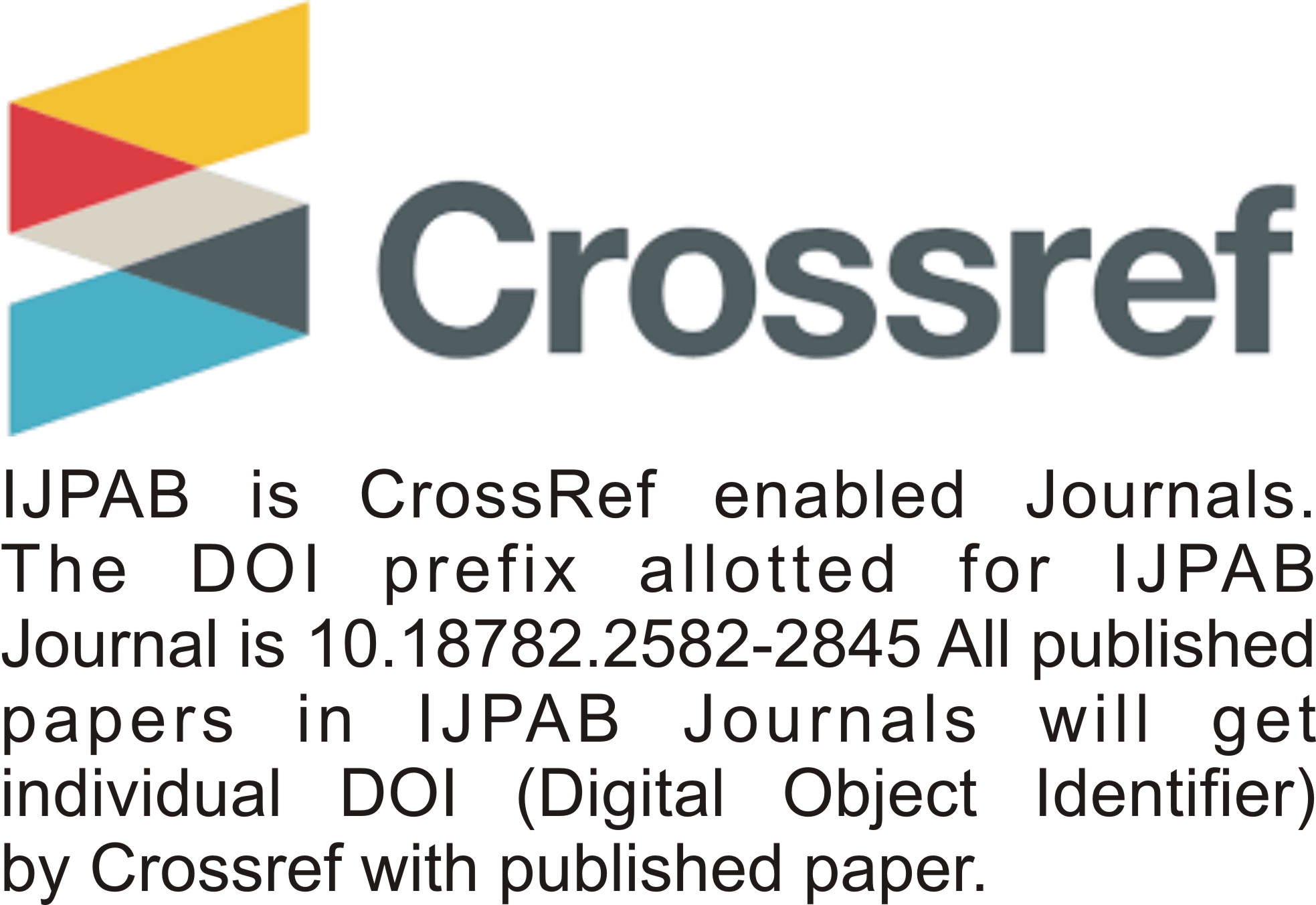
-
No. 772, Basant Vihar, Kota
Rajasthan-324009 India
-
Call Us On
+91 9784677044
-
Mail Us @
editor@ijpab.com
Indian Journal of Pure & Applied Biosciences (IJPAB)
Year : 2020, Volume : 8, Issue : 6
First page : (60) Last page : (66)
Article doi: : http://dx.doi.org/10.18782/2582-2845.8378
Effect of Long Term Zero Tillage on Yield and Yield Attributes of Wheat: A Review
Mamta Phogat*, Rita Dahiya, P.S. Sangwan, Manchala Santhosh Kumar
Chaudhary Charan Singh Haryana Agricultural University, Hisar-125004
*Corresponding Author E-mail: mamtaphogat@hau.ac.in
Received: 3.08.2020 | Revised: 9.09.2020 | Accepted: 16.09.2020
ABSTRACT
It is essential to sustainably increase wheat productivity in order to ensure future food security. To feed the rising population on a sustainable basis without degrading natural resources, there is a need to increase farm productivity and total food production. Although the country's green revolution technologies implemented during 1966-67 led to food protection, intensive agriculture, insufficient and imbalanced use of fertilisers, high yielding crop varieties, the use of heavy machinery, excess tillage, etc., resulted in degradation of soil health and quality for more than five decades and increased pollution of air, soil and water. There is a great lack of a systematic approach to relating tillage practises to chemical soil properties. The most significant pillar of conservation farming is zero tillage. The need for an hour is conservation farming. It is a win-win operation for farmers as well as for the environment. Keeping all of these under consideration, this analysis is compiled to create a perfect tillage scheme, i.e. zero tillage, which eliminates the adverse effects of tillage and retains soil resources and eventually contributes to sustainable agriculture. The goal of Tillage was to establish a soil environment conducive to plant growth, but to have negative effects on soil resources, structure and eventually on the environment in the long run. In the long term, zero tillage has the ability to boost the physical, chemical and biological properties of the soil, effectively increasing the production of wheat on a sustainable basis. Zero tillage, both in terms of substantial yield gains and cost savings, produces significant benefits at the farm level.
Keywords: Zero tillage, Conventional tillage, Yield and yield attributes, Sustainable agriculture.
Full Text : PDF; Journal doi : http://dx.doi.org/10.18782
Cite this article: Phogat, M., Dahiya, R., Sangwan, P. S., Kumar, M. S. (2020). Effect of Long Term Zero Tillage on Yield and Yield Attributes of Wheat: A Review, Ind. J. Pure App. Biosci. 8(6), 60-66. doi: http://dx.doi.org/10.18782/2582-2845.8378

